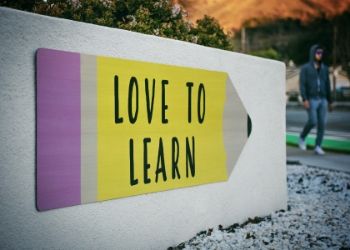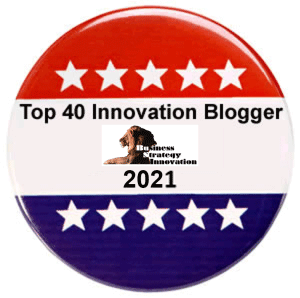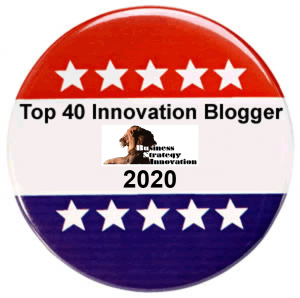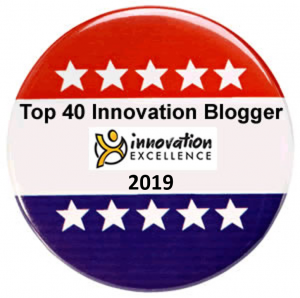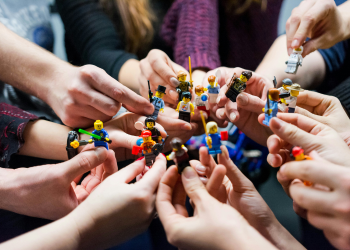Last week, I went to a fantastically informative event, hosted by the Churchill Club, Melbourne. It was about “Developing the Tech Talent of the Future” and the need to focus on developing skills for the future. New technologies and shifting customer expectations are shifting the business game. In the same way, new platforms, products and services, business models and other emerging creative surprises are, disrupting the learning game. To promote this “sold out” event, The Churchill Cub shared “keeping up with our changing world of work requires access to continuous learning and micro-credentials to attain the bite-sized chunks of knowledge we need. It’s about access to the right content, at the right quantity and quality of choice, in the right time and context and, at the right price”.
How can organisations, academic institutions and especially schools ensure that people have the skills for today, and skills for the future, to deliver these types of digital transformation, what is the role of continuous learning?
The world has turned upside down
According to Steve Blank, the 20th century was the golden age for corporations. Today, companies face five challenges they never had to deal with previously:
- Challenge One – As companies are discovering every day, the web has changed everything.
- Challenge Two – Large companies are dealing with start-ups that are funded with unimaginable capital.
- Challenge Three – Today, investors willingly fund start-ups to do anything on day one. Anything. Including break the law.
- Challenge Four – In a start-up, 100% of the company is focused on innovation and entrepreneurship. In a large corporation, 99% of the company is focused on the execution of the current business model by building repeatable processes and procedures.
- Challenge Five – In a start-up, if you win, it’s a payout of billions of dollars. In a large company, for the individual, there is no such payout.
The mismatch between supply and demand
So how do we redesign an approach to learning to continuously uncover and cultivate the future skills required to confront these challenges?
Where, The Churchill Club stated that already “our largest tech firms report that they are struggling to find the right talent and have resorted to recruiting overseas, or investing in internal boot-camps and academy training for those they do hire locally”.
One of the key points raised at the Churchill Club event, with tech industries represented by realestate.com, and carsales.com, is the growing mismatch between the supply and demand of skilled talent. Especially in developing the capability to design and deliver digital transformations.
If technology is now at the core of everything we do now and will be more so in the future, how can we ensure that talent will be open to continuous learning?
How can we resource them to develop the new and emerging skillsets, innovations and start-up business models to lead people in the imagination age and survive and thrive in a VUCA world?
A new model for education
Interestingly, the panel was hosted by Kee Wong, Managing Director, e-Centric Innovations. Who presented a new model of education, launching soon in Victoria. Aimed at “equipping our talented workforce with the skills required by our domestic tech industry, and more broadly to support our aspirations as a global tech city”.
Based on a simple eco-system concept, it links universities (flexible academic learning), with tech companies (onsite practical application) and content-rich, online learning platforms (data and knowledge). Designed to speedily close gaps between “theory” and “practice” by cultivating commercial acumen, via onsite real-world experiences and open the “glass doors” between experience and performance, and create the space for continuous learning.
New best practices
According to McKinsey, to make a digital transformation more likely to succeed they identified five “best practice categories” which link, essentially to the “basics”- leadership, capability building, empowerment tools and communication, yet reframed and renewed for digital world success:
- Having the right, digital-savvy leaders in place.
- Building capabilities for the workforce of the future.
- Empowering people to work in new ways.
- Giving day-to-day tools a digital upgrade.
- Communicating frequently via traditional and digital methods.
Their survey results confirm that developing talent and skills throughout the organisation – a fundamental action for traditional transformations – is one of the most important factors for success in digital change efforts.
“Companies that can bridge the gap between the skills they currently have and the skills they’ll need in the future increase their odds of a successful digital transformation by 170%”.
Building core capability
A question raised at the event introduced the notion of defining a set of core capabilities, necessary, for talents success in any current, or likely future job role.
As I am deeply committed to continuous learning and have many years of experience in developing adult learning-based, corporate learning programs, I decided to explore this idea further. When designing courses, I always centred the meta-design around defining an agreed set of desired core emotional states (feel), mindsets (think) and capabilities (act).
I played with integrating this knowledge and skill-set, with my experience in designing corporate transformational leadership and innovation curriculum. I then researched options as to what this might mean in light of the panel discussion and McKinsey categories and Steve Blank’s perspective.
Creativity, agility, resilience, tenacity and curiosity
Here’s what Steve Blank suggested: “I think innovation and entrepreneurship will become the liberal arts of the 21st century. With the nature of work changing, the core skills entrepreneurs need to know to become practitioners are actually core skills that everybody will need to know to get a job: creativity, agility, resilience, tenacity, curiosity”.
The new war with start-ups for talent
In the past, organisations, acquired university research via the transfer of technology, becoming magnets for the best and brightest students. In the upside-down world that is emerging, this is not always the case.
As evidenced by the high tech panelists at the Churchill Club event, “companies are no longer competing for this tech and talent with their corporate peers, but with start-ups”.
Remember – In a start-up, 100% of the company is focused on innovation and entrepreneurship. In a large corporation, 99% of the company is focused on the execution of the current business model by building repeatable processes and procedures. In a start-up, if you win, it’s a payout of billions of dollars. In a large company, for the individual, there is no such payout.
Skills for the future are evolving faster
The future will involve constant change and unpredictable disruption, being able to sense and respond to shifts as they appear, developing skills for the future, to thrive and flourish, is crucial.
Here are some of our thought starters; what if your organisation invested in retooling to win in the next decade, and develop skills for the future through:
- Adopting a systematic approach to identify, measure, and develop emerging skills, by building a learning culture that attracts and engages current as well as next-generation talent?
- Embracing collaboration and applying ecosystem approaches, that potentially link universities (flexible academic learning), with tech companies (onsite practical application) and content-rich, online learning platforms?
- Developing digital-savvy and people-savvy leaders?
- Developing a deeply connected core, through effective human interactions and communications, as well as through technology and digital channels?
- Teaching talent on how to cultivate and sustain creativity, agility, resilience, tenacity, curiosity?
- Coaching talent to apply these core skills “on the job”, continuously learning how to enact the human and commercial acumen that organizations need to succeed?
Find out about The Coach for Innovators Certified Program, a collaborative, intimate and deep personalized learning program, supported by a global group of peers over 8-weeks, starting October 22, 2019. It is an online blended learning program that will give you a deep understanding of the language, principles & applications of a human-centered approach to innovation, within your unique context. Find out more.
Contact us now at mailto:janet@imaginenation.com.au to find out how we can partner with you to learn, adapt and grow your business in the digital age.
